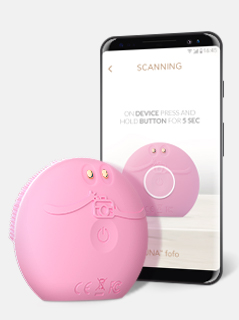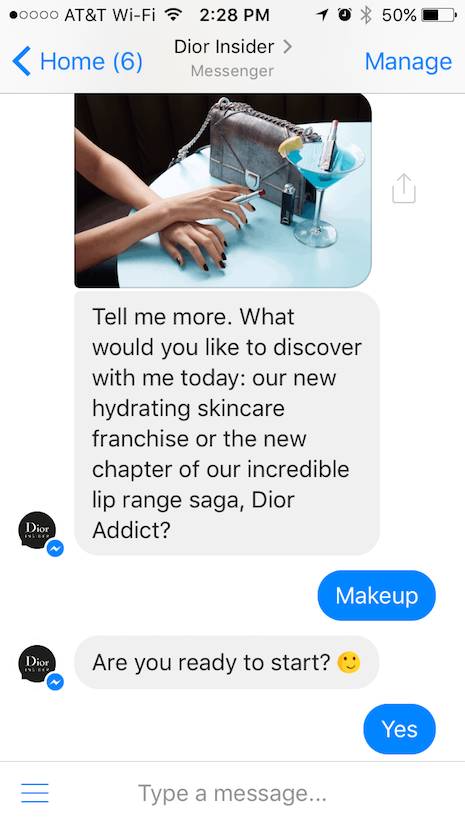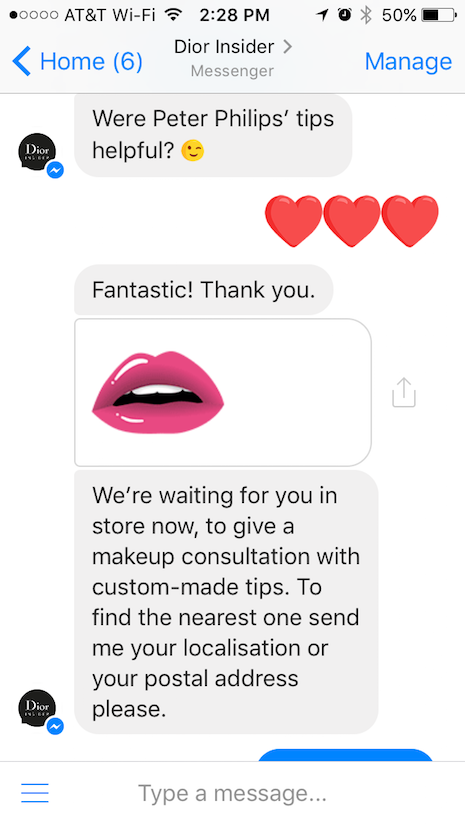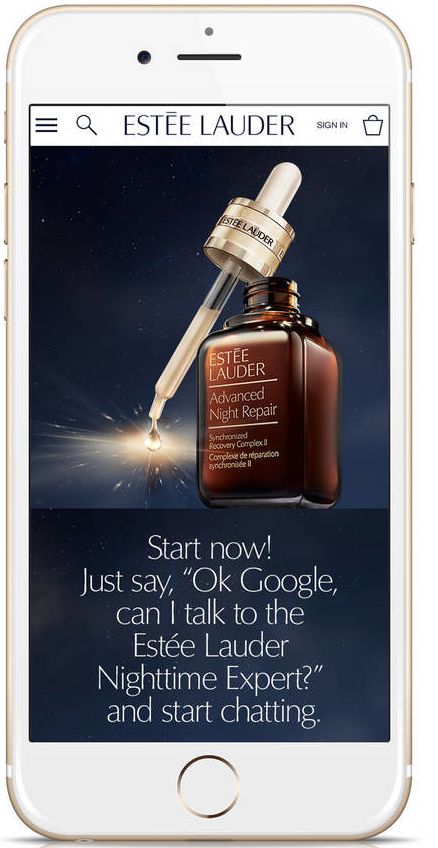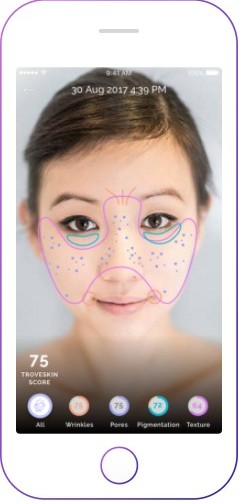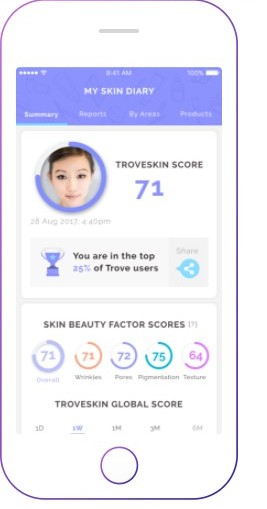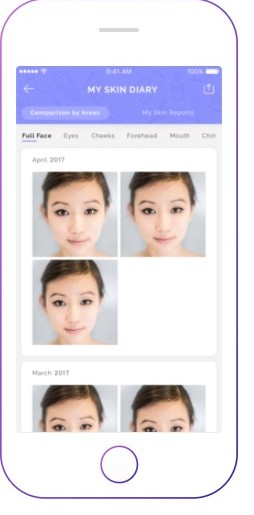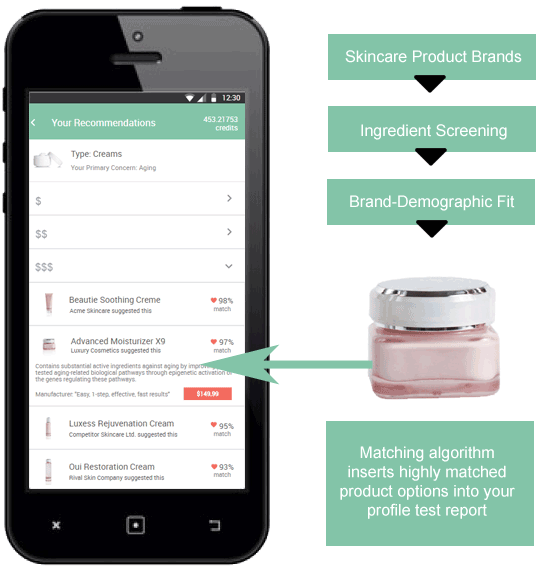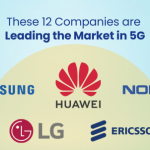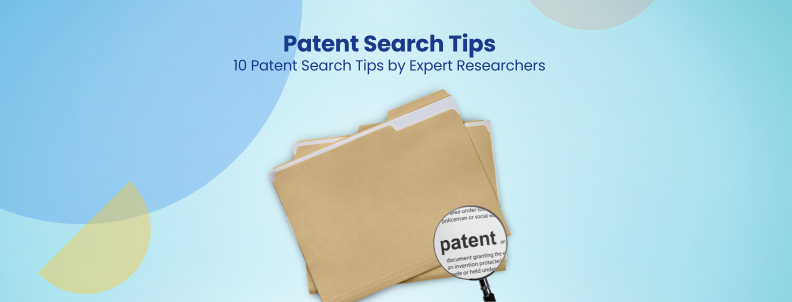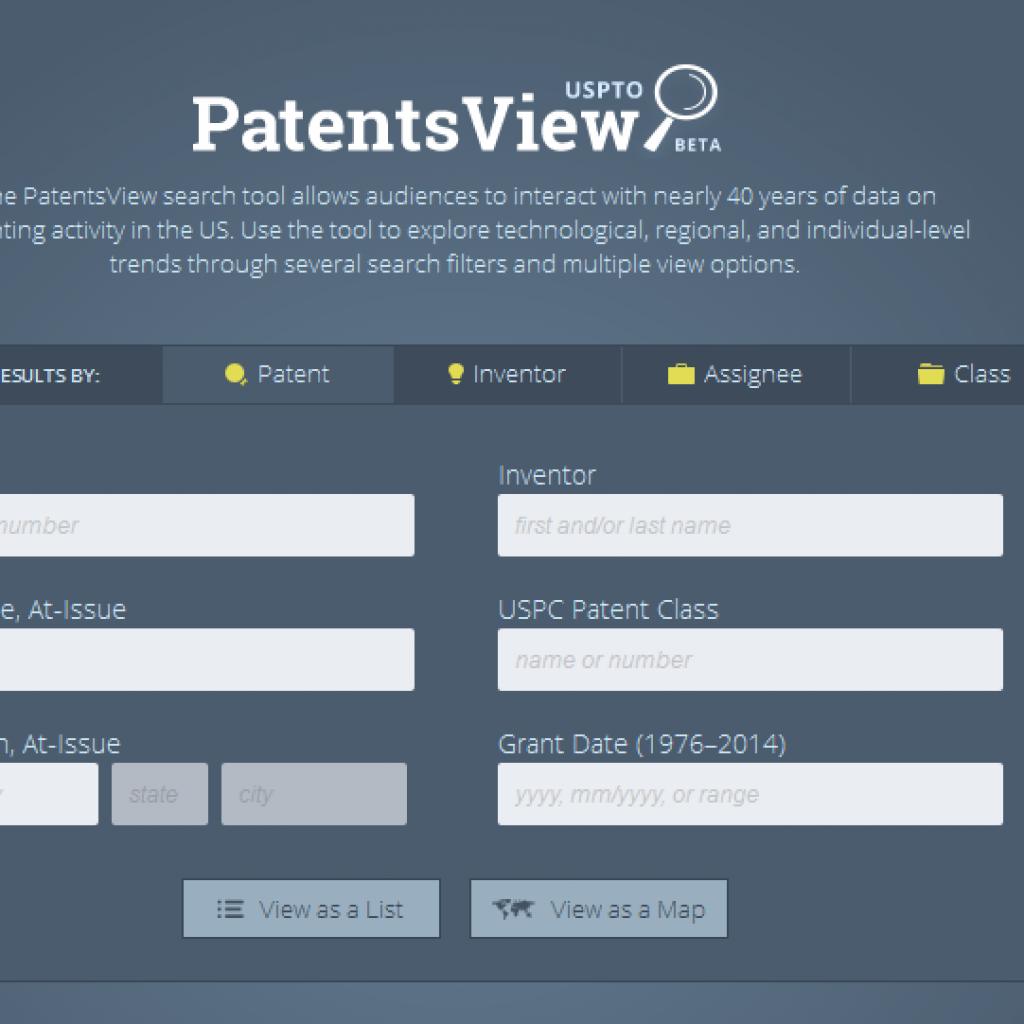The beauty industry is expected to reach a valuation of $863 billion globally by 2024. However, saturation has been observed, given continuous innovation and exponential growth in beauty products. It will take a truly magnificent product or idea to stand out.
Personalized skincare and makeup are one trend cutting through stacks of compacts and mountains of creams.
Personalization is how brick-and-mortar shops have profited in the skincare and cosmetics world. They provide a haven for beauty product enthusiasts who can sample products and ask in-store experts for assistance. Even online shopping aficionados who’d rather shop from the comforts of their homes had to trudge to the nearest beauty supply store.
But with the advent of COVID-19, people either couldn’t go to shops or didn’t feel safe enough to. That turned people to online stores where they would guess and gamble on what would suit their skin type.
Luckily, many companies realized early on the need to bring these in-store services into their online stores, and that personalization is the future of the beauty market. They have imbibed technology to help make online purchasing less of a gambling game and more of a personalized experience on par with brick-and-mortar shops.
Intrigued? Let’s examine how and which beauty companies have collaborated with AI and what innovations some startups in the domain are working on.
Which Companies are a bit ahead in using AI in Skincare and Cosmetics?
FOREO’s AI Facial Cleansers
Cleansers help you get rid of dirt, oil, dead skin cells, and any remains of pollution or makeup. So, you may wonder why your skin needs the aid of AI to cleanse it.
One key aspect differentiating cleansers from face washes is that besides cleaning your skin, cleansers have a specific objective or focus. Hence, it is important to find a cleanser that supports your skin’s needs.
For all the lost consumers staring at a row of products dumbfoundedly, not knowing their skin’s needs, FOREO launched ‘LUNA fofo,’ which they call “the world’s first 2-in-1 smart facial massage and cleansing solution.”
LUNA Fofo is an AI-powered cleansing gadget. The makers at FOREO believe the better you know your skin, the better you can take care of it. But since our skin is constantly changing, so are our skin needs. For that, LUNA tracks and responds to various factors that affect skin health, such as a change in climate, diet, water intake, and an optimized complexion, and delivers real-time readings.
Once LUNA runs its analysis, you get a “made-to-measure” routine for your unique skin type. The accompanying FOREO app shows the analysis and results.
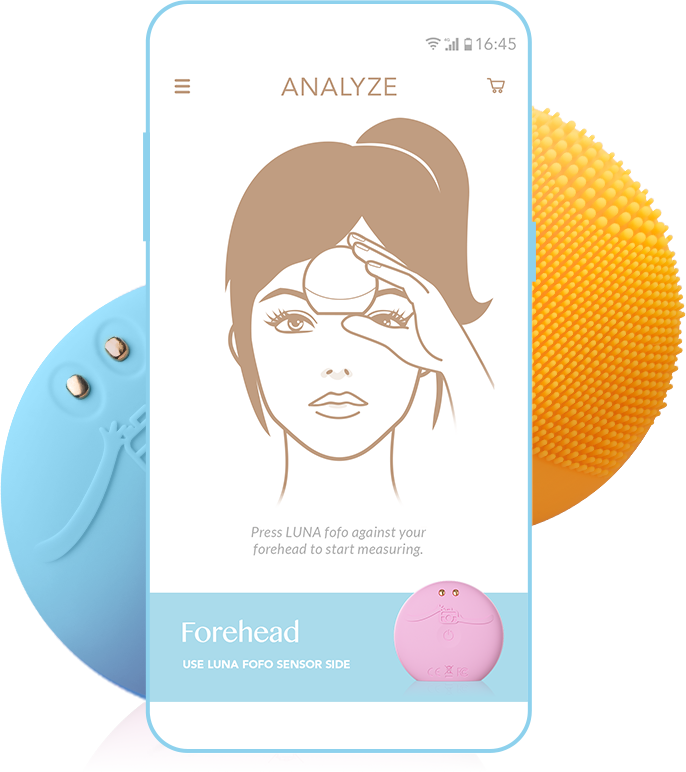
This analysis generates skincare programs unique to your skin with custom intensity and duration for your key facial zone. The cleanser also has a T-Sonic feature that rids skin of oil, dirt, and makeup residue. Users are advised to analyze their skin every two weeks.
FOREO is a Swedish company that takes pride in using technology to make everyday life easier. While their background isn’t strictly beauty and wellness, they have bagged many awards.
Dior’s AI Beauty Assistant
If you miss the personal connection and insight you get in a brick-and-mortar shop, you’ll be interested in Dior’s AI assistant.
Dior Insider, launched by Dior, provides its customers with product information and personalized solutions for skincare and cosmetics. Users can access it through Facebook Messenger, where they must answer a standardized set of questions.
The chatbot asks users if they are premium users. Premium shoppers gain access to exclusive tutorials, makeup tips, and even product samples before they complete their next purchase.
To make it more of a fun and interactive experience, Dior Insider uses fun emojis and GIFs.
Christian Dior, named after its founder, is a French luxury goods company.
Estée Lauder’s Voice-Enabled Beauty Assistant
If chatting with a bot too seems cumbersome, you can find guidance just a holler away.
Estée Lauder has collaborated with Google to make personalized skincare solutions accessible through Google Assistant.
Saying, “Ok Google, can I talk to the Estée Lauder Nighttime Expert?” initiates a chat with Google Assistant, which allows users to discover a nighttime skincare routine that best suits their skin needs for Google Home owners.
In addition to the skincare routine, one can learn application techniques at an Estée Lauder counter.
“We are thrilled to collaborate with Google to be at the forefront of creating personalized consumer beauty experiences via the emerging world of voice activation,” said Stephane de La Faverie, global brand president of Estée Lauder. “Combining our beauty expertise with Google’s technology allows us to build on our digital evolution and offer the latest innovation to enhance our consumer experience further.”
The company was founded by Estée Lauder, one of the world’s first female entrepreneurs. The company has flourished in over 150+ countries.
Coty’s Virtual Beauty Assistant
Coty combined the power of voice-controlled AI with visuals in their collaboration with the Amazon Echo Show, Amazon’s Echo device with a screen.
Coty used the AI, voice control, and visuals the Amazon Echo Show offered to its advantage.
With its ‘Let’s Get Ready‘ experience, Echo shows users video tutorials Coty offers that they can follow at home.
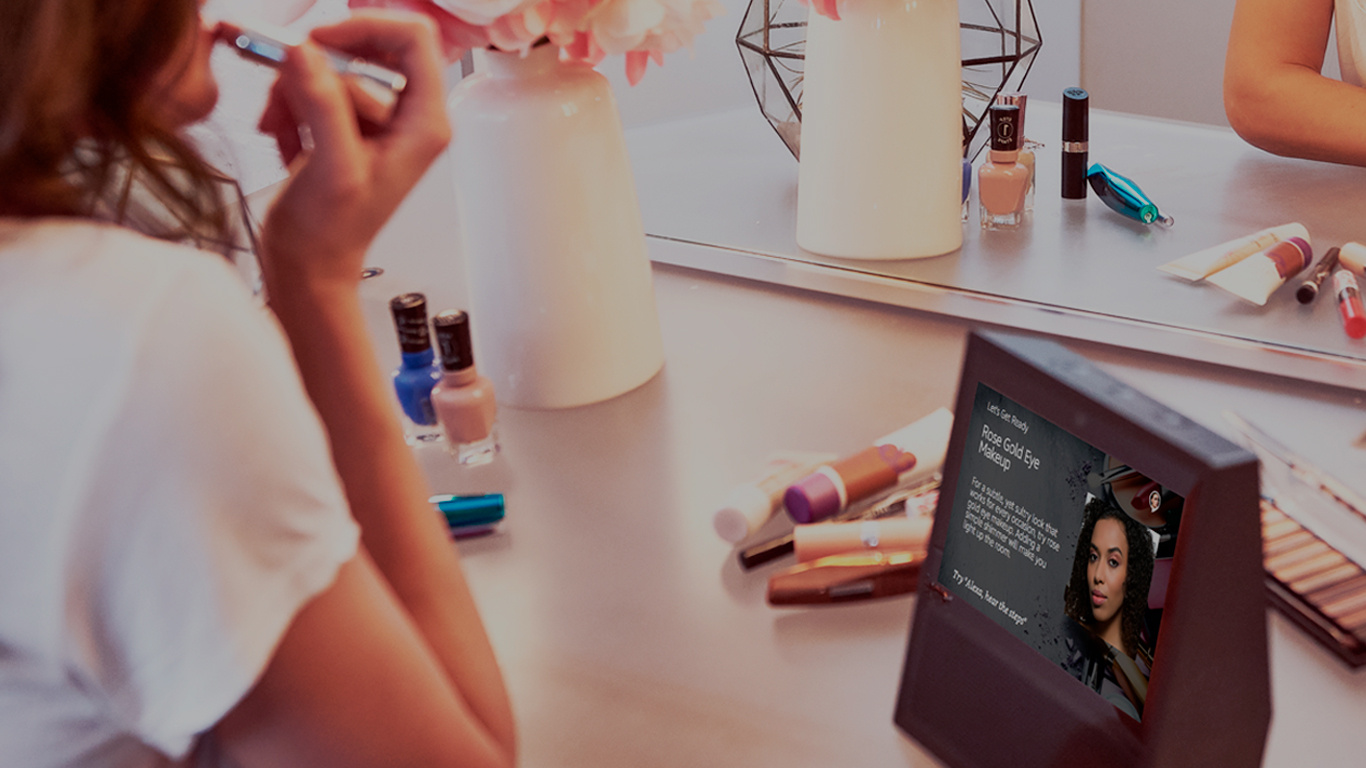
The collaboration between Coty and Amazon Echo also allows users to get suggestions based on the occasion. Have a party coming up? Alexa may suggest a dress for the occasion beforehand (if sync with the calendar is allowed).
Since this is advanced AI, you won’t get any generic, run-of-the-mill suggestions. Your looks will be suggested according to what suits you best based on your specific attributes, such as hair, eyes, and skin color.
Thanks to Coty’s many beauty brands, it also offers a wide range of looks. Users can also explore quick tips, how-tos, and products they can add to their shopping list.
“Digital innovation with a focus on voice and virtual assistants is a key part of our digital strategy as we aim to bring consumers frictionless beauty experiences. We’re thrilled to be leading the market with the introduction of a visual beauty skill in the U.K., inspiring consumers to both hear and see new beauty looks as well as step-by-step tutorials. Further, this skill allows us to deliver an authentic and personalized experience for beauty enthusiasts that happens near real-time, delivering customized looks in the context of a person’s lifestyle and personal attributes.”
Jason Forbes, Coty Chief Digital and Media Officer
Nick Sedgwick, Coty Consumer Beauty, GM, UK & Ireland, said on the collaboration –
“Our Consumer Beauty brands – Clairol, Rimmel, Max Factor, Bourjois and Sally Hansen – are all about helping consumers express ‘your beauty, your way’. Collaborating with Amazon for the Let’s Get Ready skill is a perfect way to enable self-expression tailored for each individual with an emphasis on physical characteristics, personal style, trend preferences, and specific events.”
Coty is one of the world’s largest beauty companies, segmented into three divisions: Consumer Beauty, Luxury Beauty, and Professional Beauty. These divisions are respectively focused on mass cosmetics and hair styling products, prestige fragrances and skincare, and servicing salon owners and professionals.
The American multinational company owns approximately 77 brands, including COVERGIRL, Max Factor, Rimmel, Calvin Klein, Marc Jacobs, Hugo Boss, Gucci, Wella Professionals, Sebastian Professional, and OPI.
Sephora’s Color Matching Makeup Bot
One of the biggest challenges of online shopping is finding the right shade for your skin. This is one of the top reasons that deter shopping for cosmetics online.
Sephora released the Color Match for Sephora Virtual Artist to solve this issue. Like Dior, this chatbot can be accessed through Facebook Messenger.
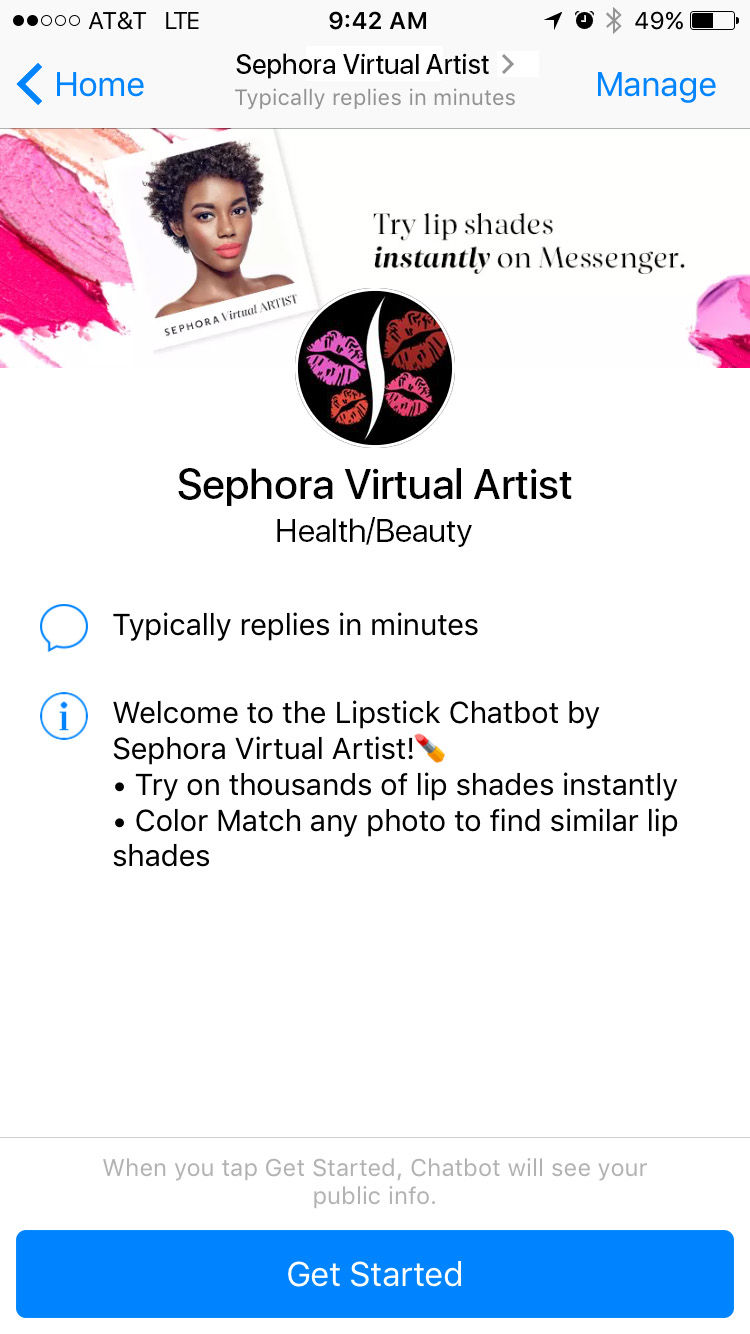
The bot initiates the chat with a prompt: “Send me any photo, and I’ll pick up the colors in the photo to find matching lip shades.” Users can select an image from their gallery and share it in the chat. The image can be inspired by a lipstick image they saw and liked or a dress one plans to wear.
The bot will then show a list of lipstick shades that are the closest match. These suggestions are based on the variety of cosmetic brands available at Sephora stores.
The chatbot service doesn’t end there. The bot then shows the user how the shade would look on them with AI imaging. They can then proceed to buy the shade online or book an appointment for an in-store consultation.
“Our two new bots for Messenger offer enhanced ways for our clients to engage with Sephora by streamlining how they access relevant service and product information on their mobile devices,” Sephora SVP of Digital Mary Beth Laughton said in a press release. “We’re excited to leverage the Messenger platform to create quick and natural conversational interactions that are client-led. This allows us to provide richer, more varied conversations that ensure clients get exactly what they want from the experience.”
Apart from Facebook Messenger, the feature is also available in the Sephora iOS and Android apps. In the app, customers can receive instant lip, eyeshadow, and cheek color matches with just a camera point.
Since its debut in Paris in the early 1970s, Sephora has had 430 retail stores in America and over 2,300 locations in 33 countries. Sephora has established itself as a leading international beauty destination where users can shop from a curated list of brands. In addition to shopping, the company offers a variety of makeup trials and tutorial classes.
Revieve’s AI Beauty Advisor
Revieve takes personalized recommendations to another level. Through their proprietary AI-powered selfie analysis, the company gives advice based on 68 different factors, such as redness, eye bags, and wrinkles.
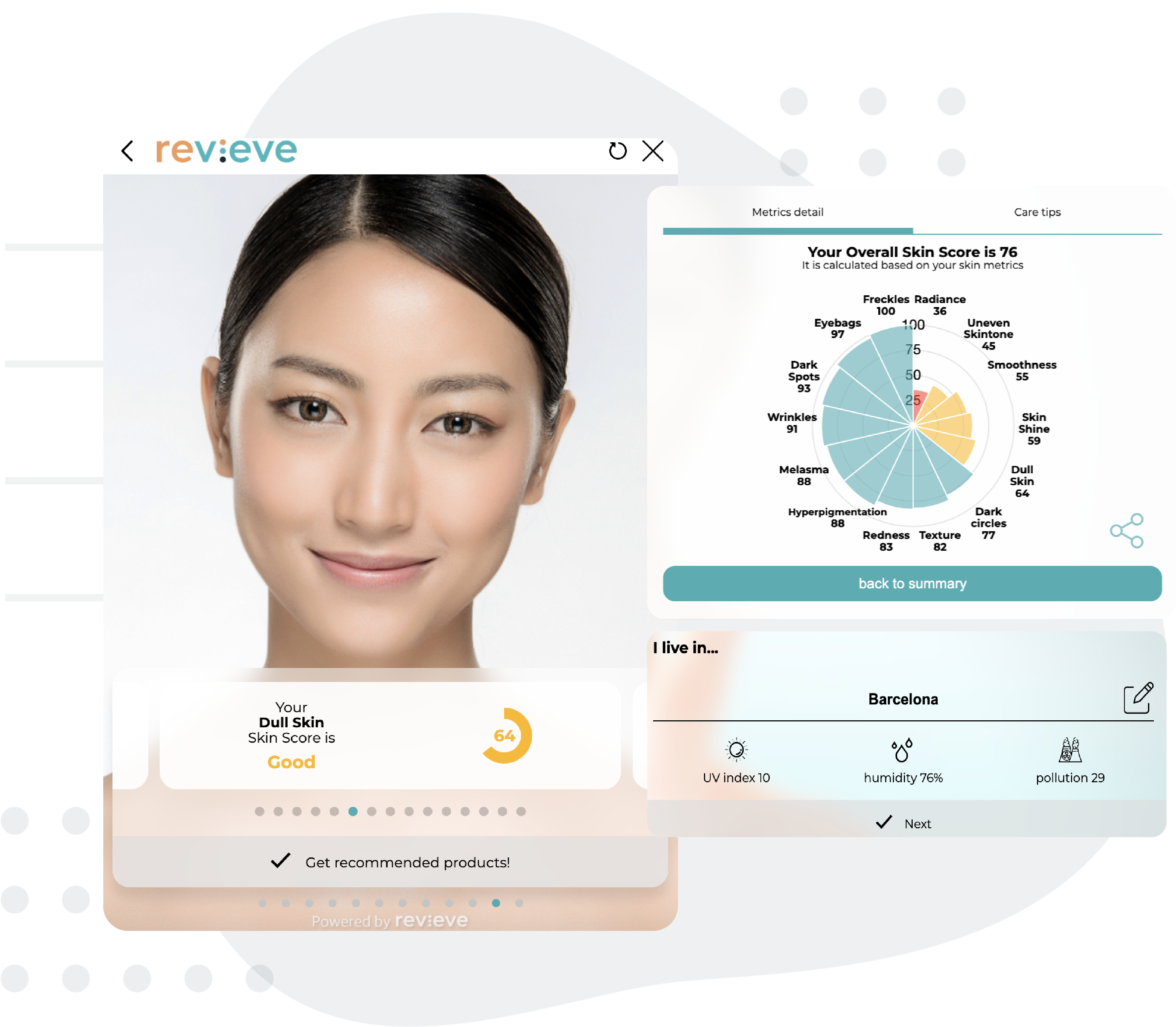
Once a user uploads their selfie, the platform provides detailed analysis with products and treatment recommendations.
Revieve also provides health, beauty, and wellness products, services, and treatments to beauty brands and digital retail providers.
Which Startups are using AI In Cosmetics?
TroveSkin
TroveSkin is a skincare app that aims to answer two questions for its users.
- Do their skincare products work
- Which skincare products are the most suitable for them
TroveSkin uses AI to analyze and manage skin. On the app, skin issues like pores, wrinkles, and pigmentation are detected with a user-submitted selfie.
Based on the analysis, TroveSkin provides a skin score that considers various factors such as wrinkles, pores, pigmentation, and skin texture.
Besides skin analysis, users are suggested with beauty products best suited to their skin type. The app also records the skin’s progress over time so that users can see the difference in their skin and determine if their new personalized skincare regimen works for them.
EpigenCare
EpigenCare brings to the beauty market a truly one-of-a-kind approach by combining skincare solutions with epigenetics.
Epigenetics is the study of heritable changes in gene expression. It does not involve changes to the underlying DNA sequence. Epigenetics controls Genes. The environment, aging, disease, diet, exercise, chemical exposure, and social interaction can influence epigenetics. This can cause the genes to be silenced (inactive) or expressed (active) over time.
EpigenCare harnesses its knowledge and expertise in epigenetics to provide personalized skincare solutions.
With extensive research, they have identified a proprietary panel of genes that serve as epigenetic markers and are the strongest skin quality indicators, such as aging, moisture retention, and elasticity.
In parallel, a list of skincare product ingredients is drawn up, which impacts the aforementioned skin quality indicators.
Based on one’s skin quality profile, the algorithm pulls up the most optimal compositions of the necessary ingredients to epigenetically reverse or slow down any negative states in one’s skin.
To provide such analysis, EpigenCare offers its product SKINTELLI, an at-home personal epigenomics test kit that measures the DNA methylation levels of genes responsible for key skin quality factors.
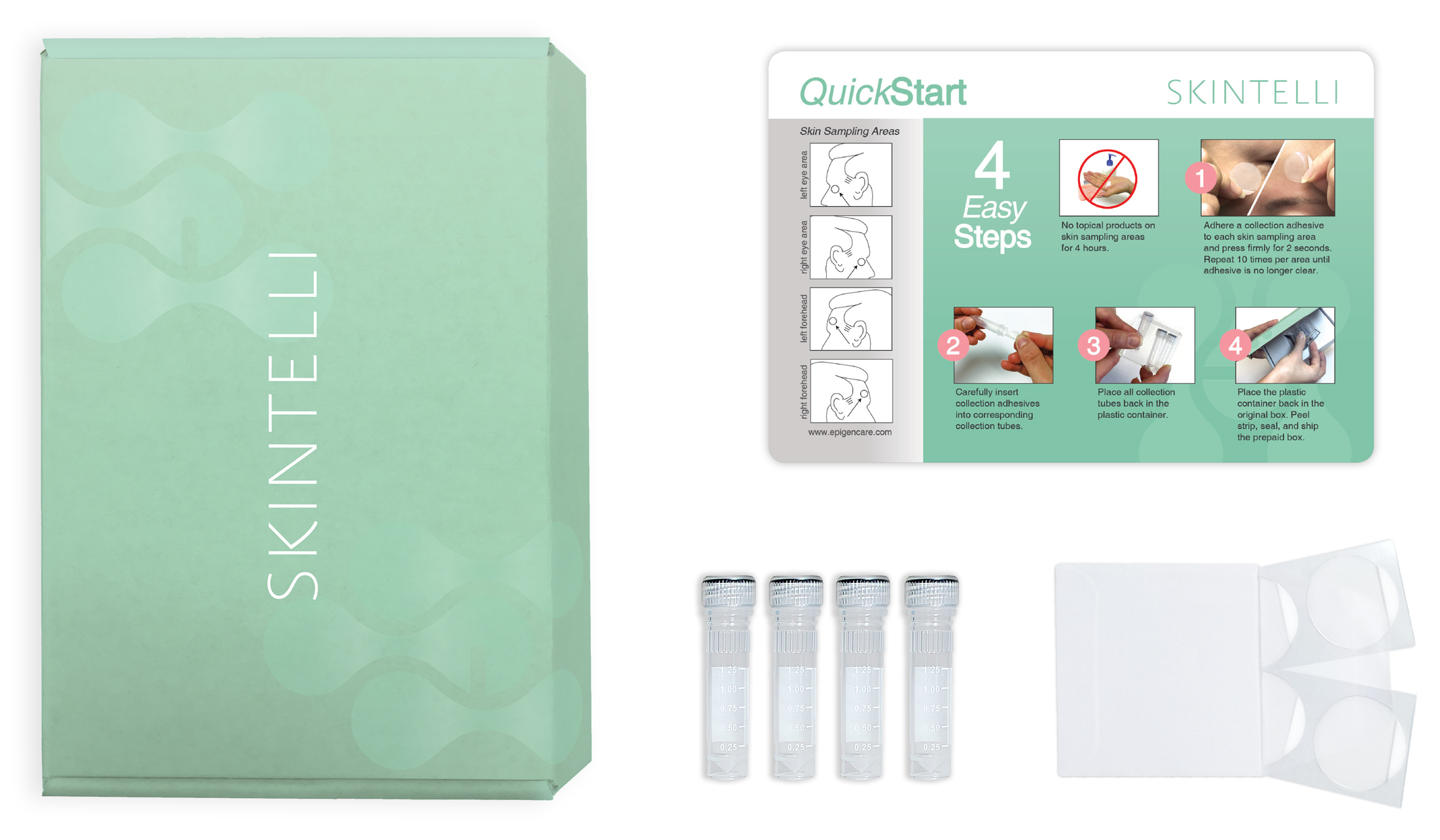
It uses non-invasive adhesives to collect samples from your skin and to perform the analysis.
Once the skin analysis is completed an accompanying app suggests a list of products that would be best suited for a user’s skin from brands ranging from luxury to affordable and popular to the boutique.
EpigenCare is a New York-headquartered company from EpiGentek, a well-known epigenetics-focused research organization.
Other startups using AI in Cosmetics
There is a huge list of startups trying to embrace the power of AI in the cosmetics domain. Below listed are a few of them.
- Wanmei Yidong
- Perfect Corp
- Lumini
- Ansatz AI
- Hue.AI
- Atolla
- CureSkin
- Beauty By Design
This is just a sample, and many more are doing great work in the domain. Did you know two Chinese startups are also doing groundbreaking innovation in this domain? We will cover those two and the others in the next article in the series. Want to be the first to access it? Subscribe to our blog.
If you’re here, you probably have bigger questions. Something along the lines of:
- Can an M&A with any of these startups help you embrace the power of AI and get you into the race?
- Which startups are the best for you to partner with /invest in?
- Which companies and startups should you look out for?
We have the answers to the above questions and more; they are simply a click away. Click below, and our team will contact you to answer your questions.

Conclusion
The beauty industry is using technology to give itself a “facelift”. Many cosmetics and skincare companies are working with tech companies to provide better customer service. Yet, according to a report, most luxury brands cannot take their concierge services into the digital age.
Hence, companies in this highly profitable and competitive domain must embrace technology and cater to their customers, who now have access to highly personalized products at the tip of their fingers.
Read Next: Did you know a photographic film company was one of the top innovators in Skincare? Intrigued? Read on to find out – Fujifilm — A noteworthy competitor in the skincare industry.
Authored by: Oorja Pandya, Market Research.


